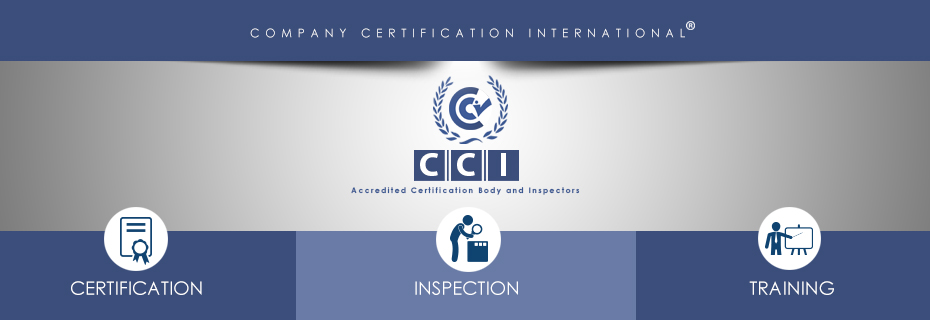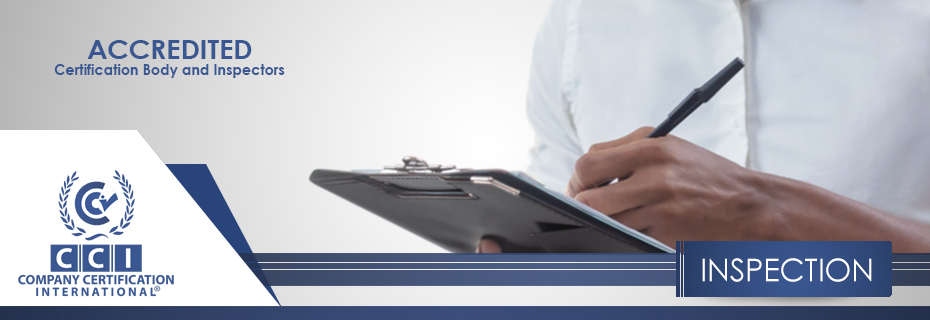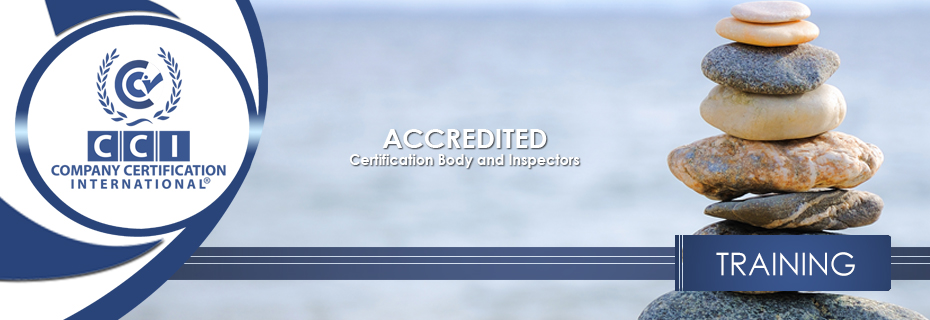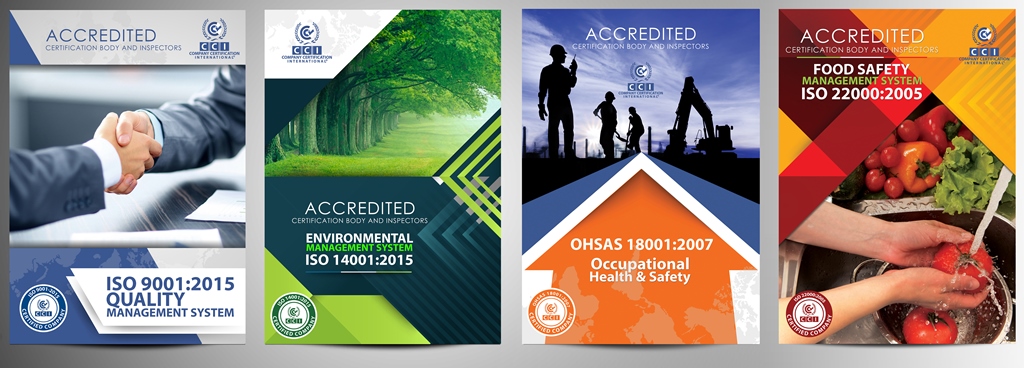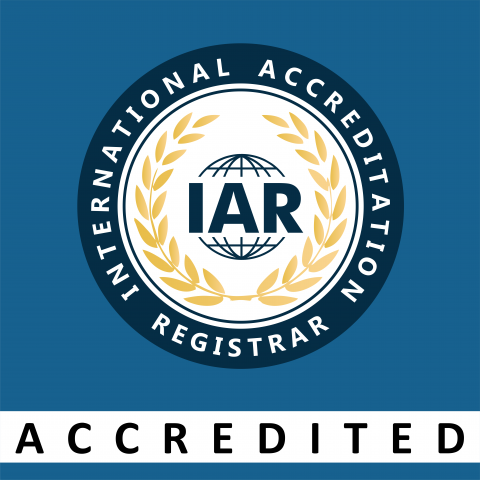ISO 27002 – Info. Security Controls Assessment
Overview
ISO/IEC 27002 provides guidelines for organizational information security controls. Our assessment helps organizations:
Evaluate implementation of security controls from Annex A of ISO/IEC 27001
Identify gaps in cybersecurity practices
Strengthen protection of sensitive data and systems
Prepare for or complement an ISO/IEC 27001 certification
Who It's For
Organizations implementing information security management systems (ISMS)
Companies handling sensitive customer or employee data
IT departments seeking to benchmark security practices
Regulated industries (finance, healthcare, government)
Cloud service providers and data processors
Why an ISO 27002 Assessment Matters
Risk Reduction: Identify vulnerabilities before breaches occur
Compliance Alignment: Meet GDPR, HIPAA, and other regulatory requirements
Stakeholder Trust: Demonstrate commitment to information security
Competitive Advantage: Qualify for contracts requiring proven security controls
Scope of Our Assessment
Security Policy Review: Governance and oversight mechanisms
Asset Management: Classification and handling procedures
Access Control: User authentication and authorization
Cryptography: Encryption implementation
Physical Security: Data center and workplace controls
Operations Security: Malware protection, logging, backups
Supplier Relationships: Third-party security requirements
Our 6-Step Assessment Process
Scoping Workshop: Define assessment boundaries and objectives
Document Review: Security policies, procedures, and records
Technical Testing: Vulnerability scans and configuration reviews
Staff Interviews: Security team and control owners
Gap Analysis: Compare against ISO/IEC 27002 guidelines
Final Report: Conformity Assessment with improvement roadmap
Deliverables
Conformity Assessment Certificate (valid 1 year)
Implementation Roadmap
Executive Presentation Deck
Why Company Certification Int.?
Security Specialists: Assessors with CISSP and/or ISO 27001 Lead Auditor certifications
Sector-Specific Expertise: Financial, healthcare, cloud services
Actionable Approach: Prioritized, practical recommendations
Global Recognition: Accepted by clients and regulators worldwide
FAQ
Q: Is ISO 27002 certification available?
A: No, ISO 27002 is a reference standard. Our assessment verifies your control implementation and complements ISO 27001 certification.
Q: How does this differ from a penetration test?
A: We evaluate your entire control framework, not just technical vulnerabilities.
Q: Can small businesses benefit?
A: Absolutely. We scale assessments appropriately for organization size.
Q: What's the typical assessment duration?
A: 2-4 weeks depending on organization size and complexity.
Q: Do you help implement improvements?
A: Yes, we offer optional implementation support packages.
Get Started
Ready to strengthen your information security controls?
[Request Security Assessment] [Download Controls Checklist]

